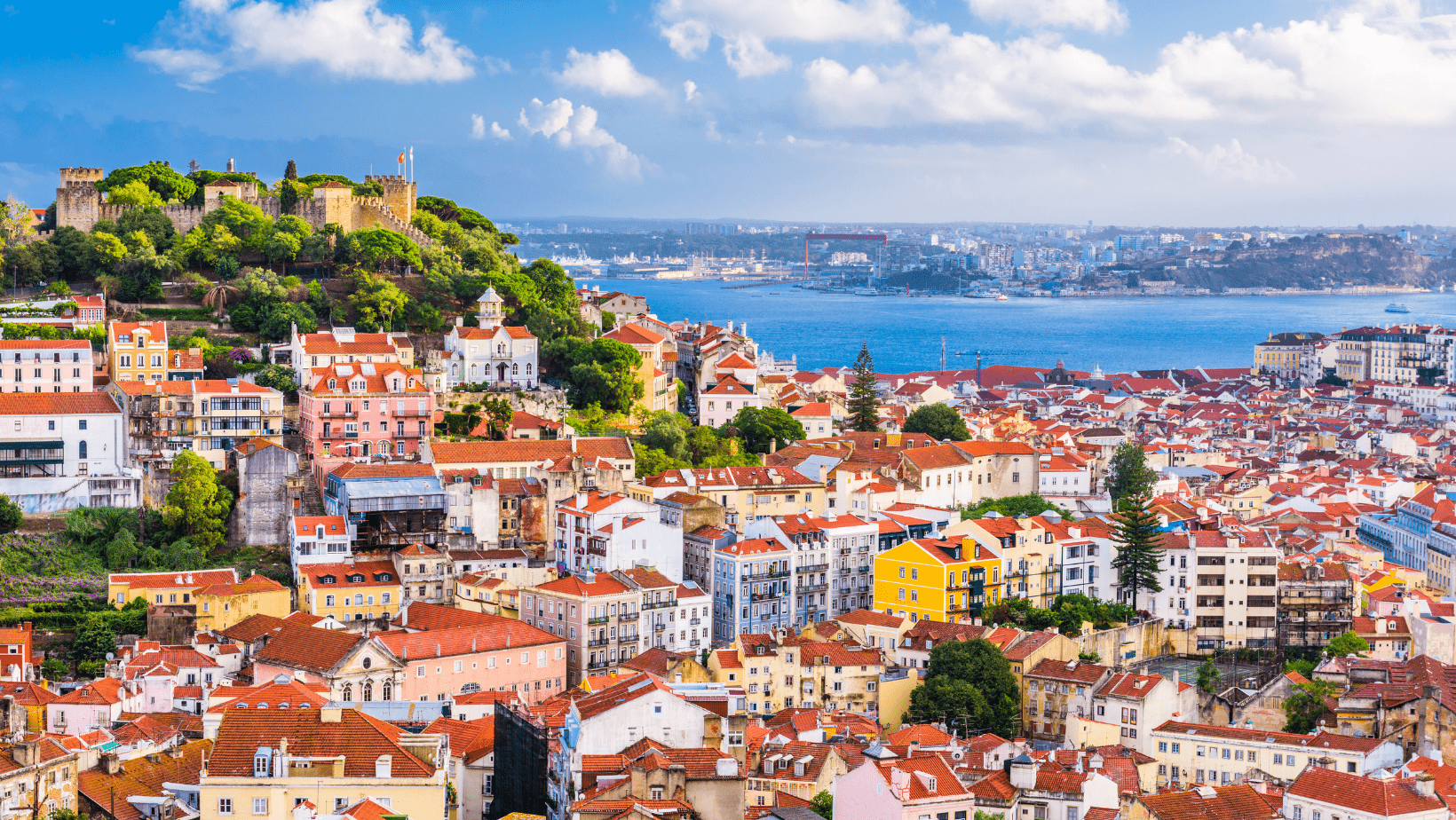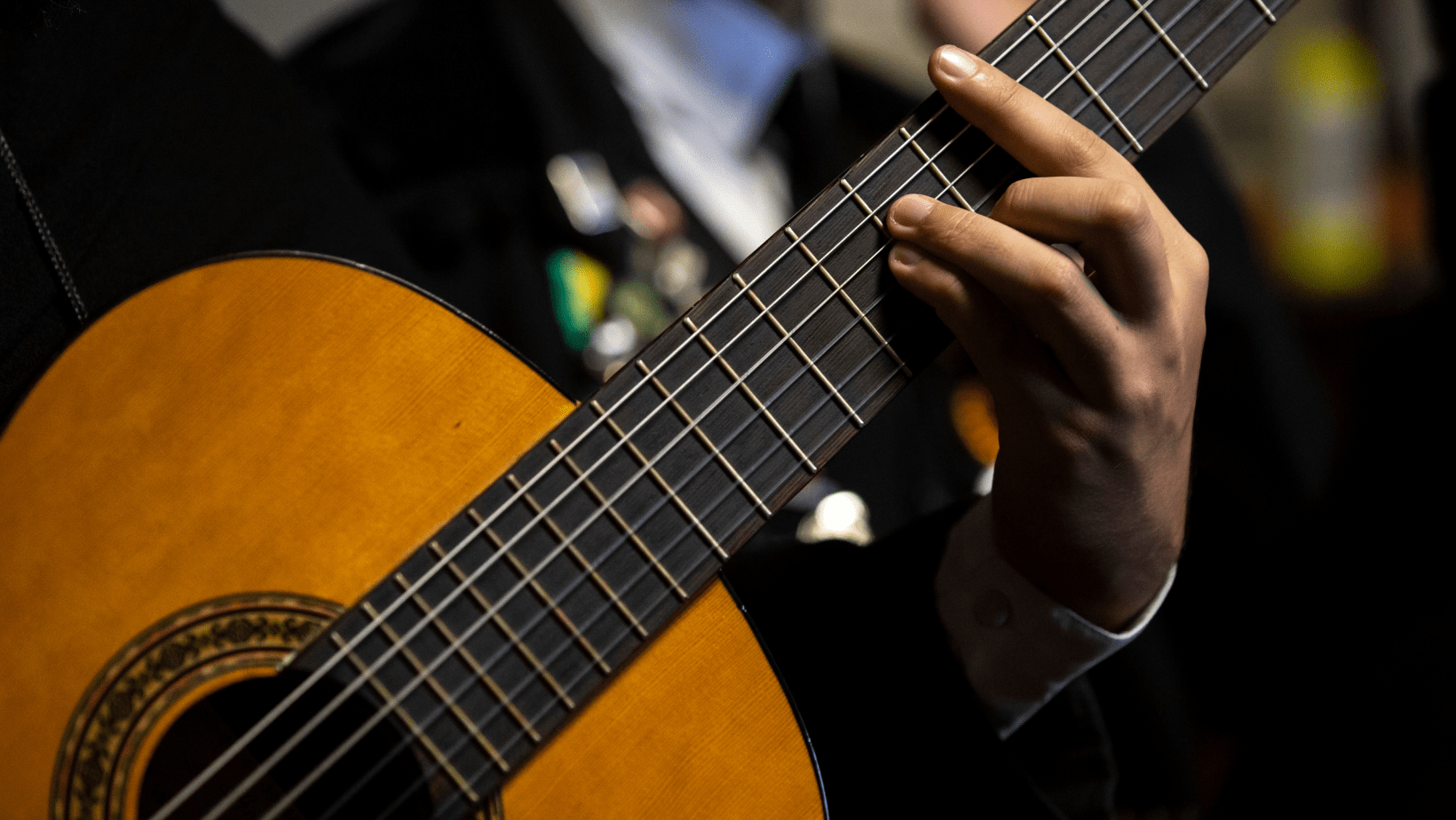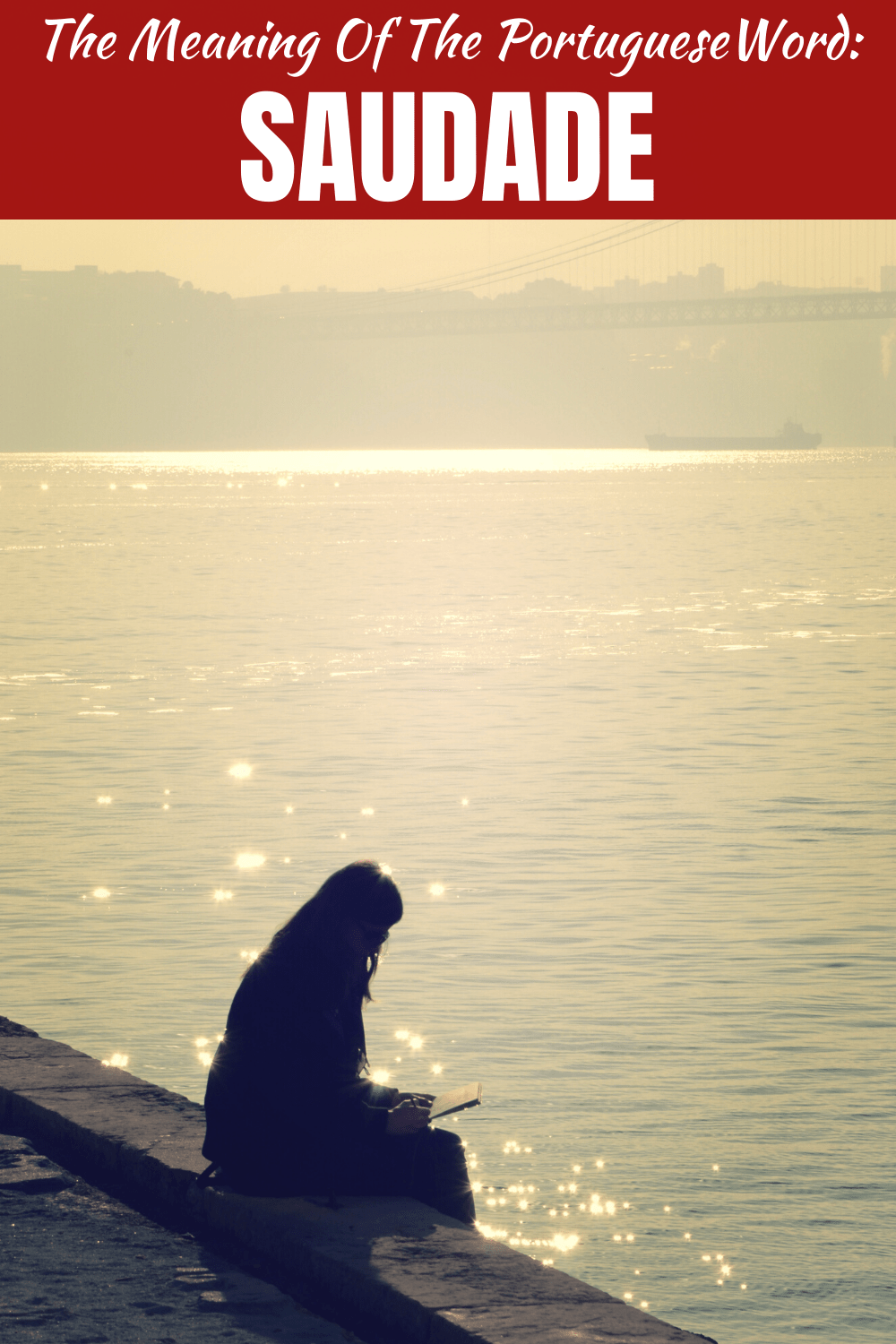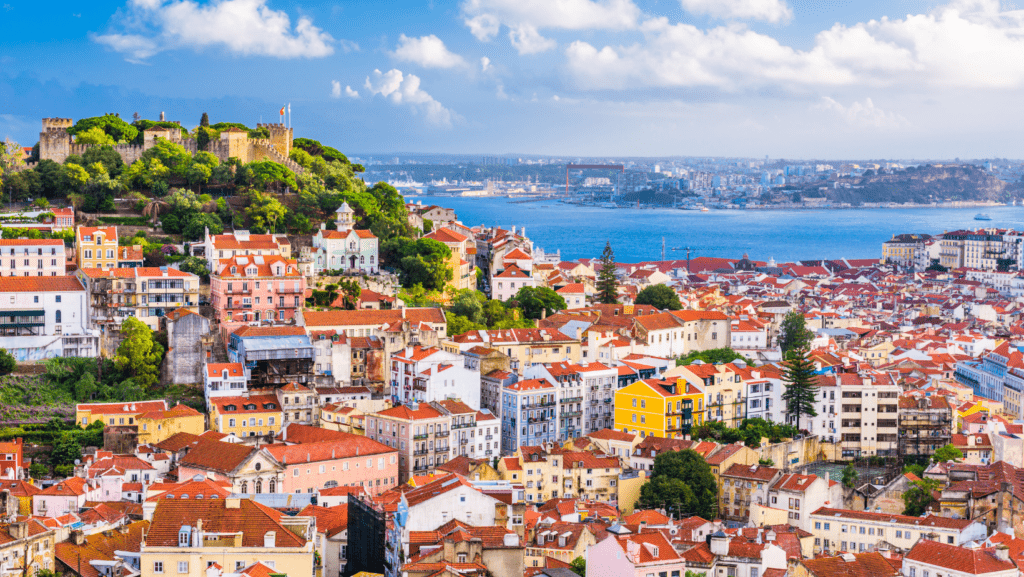Since moving to Portugal, we have learned that the Portuguese language is both beautiful and challenging for those of us trying to learn it. Some words are beautiful in Portuguese because they carry so much meaning. That also means that they are hard to translate. One such Portuguese word is saudade. It is difficult to understand the full scope of the saudade meaning when you come from another culture. To do so, one must understand more about the Portuguese people and their heritage, sensibilities, and way of life. This Portuguese word captures a sentiment that many people, not just Portuguese, feel but find difficult to describe.

What Saudade Means In Portuguese
When seeking a saudade definition, the meaning of saudade, we find the same ideas come over and over again. Longing, melancholy, and nostalgia. But that’s really just the beginning of understanding the complex set of emotions encompassed by the Portuguese word saudade. It is not just one feeling. Rather it is a combination of feelings. Bitterness and sweetness together. A combination of positive emotions paired with a sense of missing or loss. Memories are also part of the equation which is why the concept of nostalgia sometimes comes in a saudade definition. Saudade is often associated with feelings for people, but it also applies to places, activities, and even a way of life. At its core, saudade means being happy and sad at the same time.
Is There An English Word For Saudade?
To try to give an example, we can compare the Portuguese word saudade with the emotions expressed by William Shakespeare in Romeo and Juliet in the famous line, “Parting is such sweet sorrow.” The idea is that Romeo and Juliet are so in love that while they are sad to separate, they also celebrate their time together, which is so sweet. They are both swept up in the joy of their togetherness and the sadness of having to separate. They also hope for another meeting. The emotions Shakespeare expresses in English are similar to those of saudade, beautiful in Portuguese.
A saudade definition is necessarily incomplete because saudade is both universal and highly personal. For instance, a fisherman may love to be at home with his family for some time away from working, but dreams of and longs to be back at sea. Meanwhile, when he is out on the ocean, the fisherman’s family may long for their reunion when he is safe with them at home and away from his dangerous work.
In other circumstances, it might be that a young person going away to college could become homesick and in this way experience saudade. The student’s parents might feel saudade when they watch their child drive away to experience their new life. For them, saudade is a longing and nostalgia for the time when their nest was full.
Saudade In Portuguese Music
Saudade is the main emotion captured in Portuguese music known as Fado music. The sense of longing, aching, and yearning, especially for a person or a way of life dominates the lyrics. At the same time, the melodies often reflect the sort of loving sadness of missing someone while they are away. Perhaps, also recalling sweet memories of days gone by. When we love someone it is wonderful and we are happy to be with them. But when we are apart, we miss them, and it is that missing that makes saudade such a great embodiment of complex human emotion. Anyone who has been separated from a loved one during a trip or a move may be able to relate.
And, of course, this emotional landscape is the perfect territory for songwriters. It is a bit similar to the torch songs and ballads, singing of love lost. In Portuguese music, the singer feels a delicious pain of remembering and wishing for the good times to come back.

Portugal Eurovision
Recently, Eurovision held its annual song competition in Turin, Italy. It is a wonderful celebration of global music with all the countries of Europe as well as Australia, competing for honors with musical performances representing each country. While the group from Ukraine took the top spot this year, the Portugal Eurovision entrant scored a Top Ten finish as well. And the hauntingly beautiful performance is a great modern example of Portuguese music, paying homage to the classic Fado music so loved by Portuguese people. Embedded in those musical traditions is saudade meaning that strikes at the heart.
MARO Saudade Saudade
The Portugal Eurovision entry was Saudade, Saudade sung by MARO. The song is partly in English and partly in Portuguese. It is a good example of the Fado music tradition because the words reflect the emotions of saudade, but at the same time, it is a modern song that helps Portuguese music keep one foot in the present while honoring its important past as well.
Here are some key lyrics to help make the idea of saudade meaning clear.
“I’ve tried to write
A million other songs, but
Somehow I can’t move on, oh, you’re gone
Takes time, alright
And I know it’s no one’s fault, but
Somehow I can’t move on, oh you’re gone
Saudade
Saudade
Nothing more that I can say
Says it in a better way”
Here’s a video where you can hear and see MARO sing Saudade Saudade.
What Is Another Word For Saude?
While undoubtedly saudade is important to the people of Portugal, people of other countries have words that reflect a similar set of emotions. Brazilians, obviously also Portuguese in nature, feel saudade and use the Portuguese word to describe it. The Greek word, λαχτάρα (lachtára) meaning “desire” describes a yearning, longing, craving, mixed with some nostalgia or hope. It also has no direct translation to English. The Arabic word وجد (wajd) for “found,” means the feeling of sadness in remembering a loved one that is not present, combining both the sadness and longing for the absent one with the joy of the love for that person and happiness for having found them.
Many other languages have words that try to explain the complicated feelings that make up the saudade meaning. The universal idea that we can be both happy and sad at the same time is not new. Nor is it something experienced only by the Portuguese people. But just as everyone can pick up a hammer and chisel then put them to stone, it takes a Michelangelo to create the David from it. So it is with the idea and expression of saudade. Portugal has turned this Portuguese word into something that is both challenging to understand and yet also beautiful in Portuguese.
As we continue our journey into the deeper cultural side streets of Portugal, our home, we hope you will find our discoveries interesting and enlightening. We’ll be searching for culinary traditions and innovations as well as people, places, and experiences that only the locals know about and share. We hope you’ll come along with us as we investigate further. We’ve been here a year, but have so much to discover.
And please share with us what you would like to learn more about! For us at Food Travelist, we’re constantly hungry for new and tasty unique, and memorable experiences. We want you to know that the banquet is ready, and we invite you to join us at the table!
Pin It For Later!
 .
. 





2 Comments
Of course, it is, Priya! Goa and Portugal have a very rich and complex history together.
Being Goan, I can totally relate. Fado is a part of our culture and that sentiment of loss and longing is so relevant for Goans who live elsewhere.